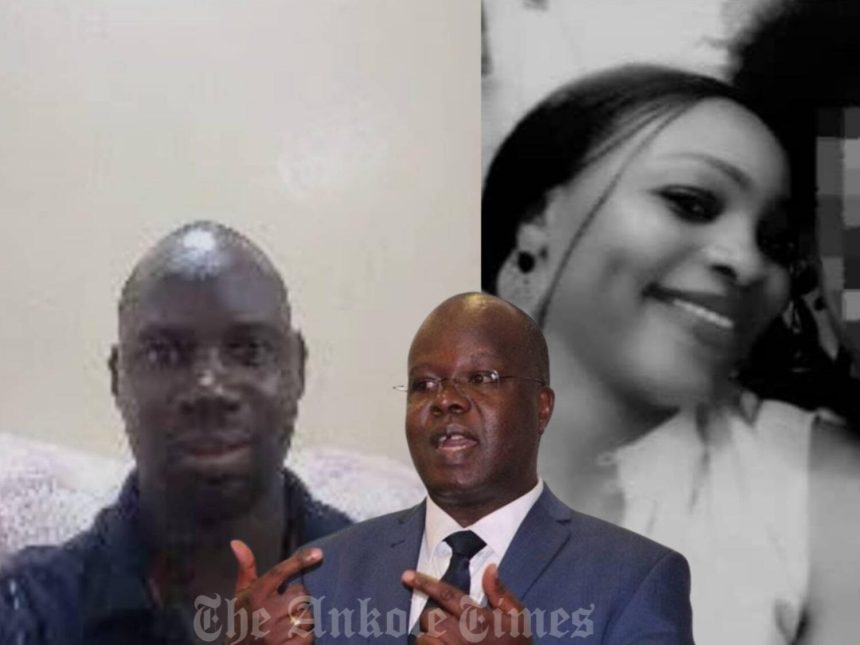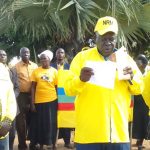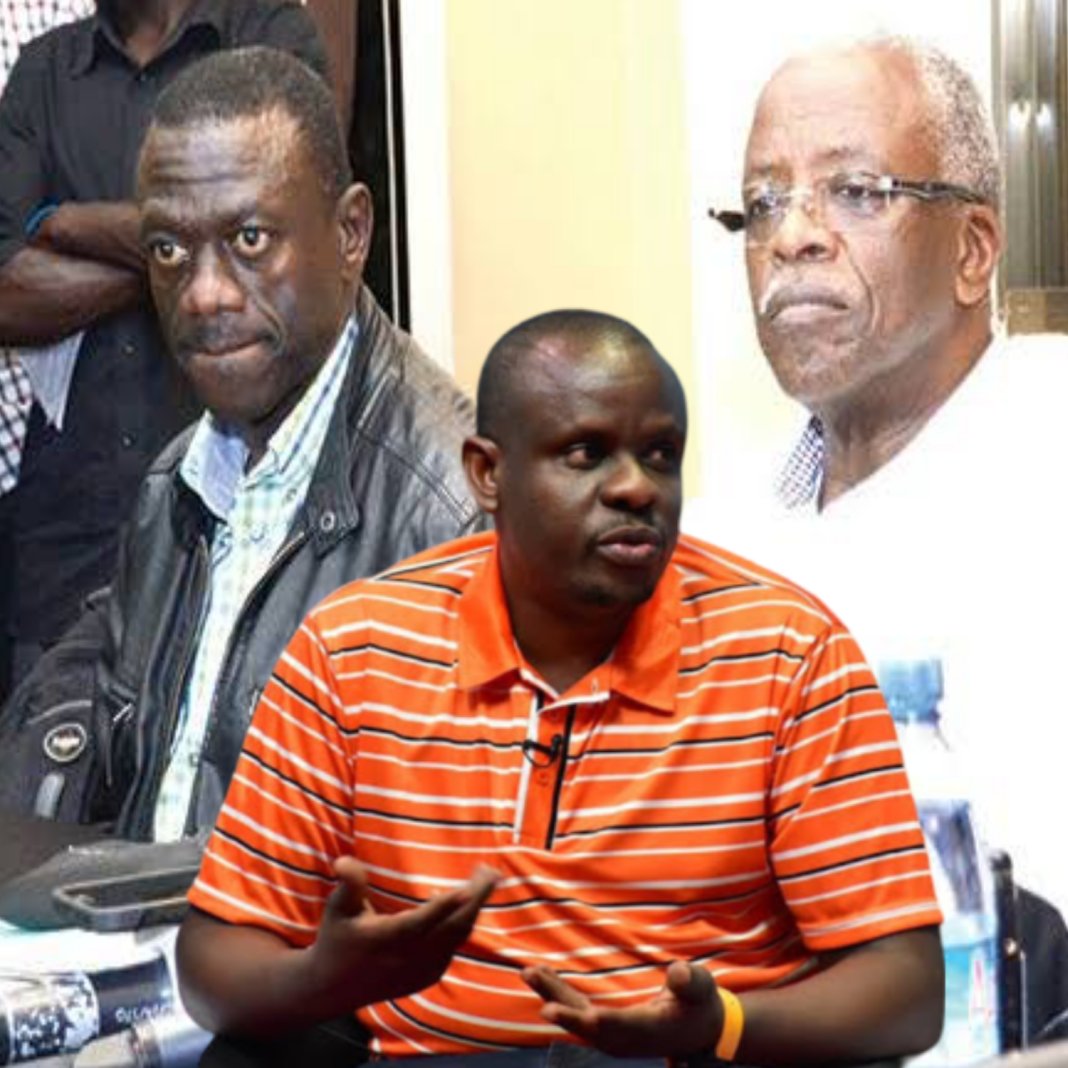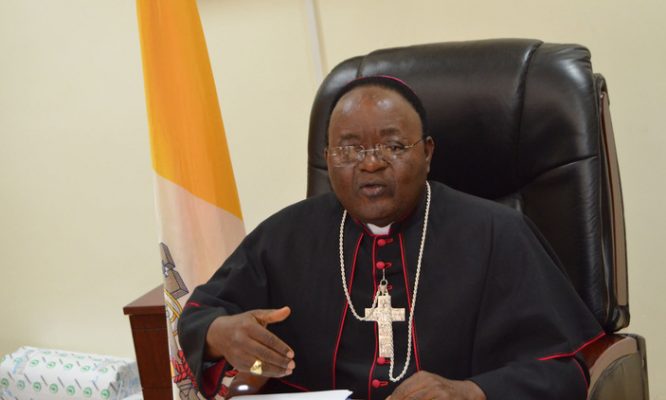When the rat is caught in the granary, it blames the darkness. But what happens when the thief confesses, yet the gatekeeper refuses to act?
This is the question now hanging over State house Anti-Corruption Unit, which has blocked Emmaus Foundation Investments (U) Ltd from filing a bribery case against Karago Construction & Investments Ltd’s directors, Mr. Baguma Geofrey and Ms. Mbabazi Faith, despite their own written confessions that they paid UGX 150 million to bribe a judge.
Emmaus Foundation, fresh from its court victory in High Court Miscellaneous Cause No. 202 of 2023, where high court’s Justice Douglas Singiza ruled on January 20, 2025, that the Uganda Land Commission illegally canceled their lease on Plot 1, Third Ring Road, Luzira, had expected justice to extend beyond the land dispute.
But their attempt to hold Baguma and Mbabazi accountable for attempting to pervert justice has been met with an unexpected blockade.
The disputed land, a 49-year lease originally granted to Emmaus Foundation on February 16, 2010, had been transferred to Emmaus Foundation Investments (U) Ltd, with the Uganda Land Commission (ULC) extending it to 99 years. However, on August 31, 2023, ULC, acting on what it claimed was a presidential directive from December 18, 2019, canceled Emmaus’ lease and awarded the land to Karago Construction.
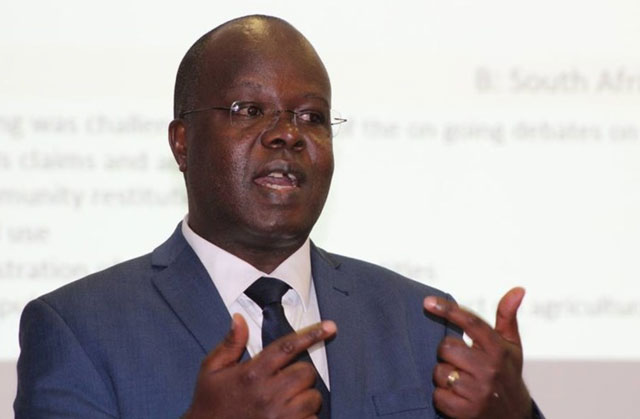
Justice Singiza, in his ruling, found the reallocation illegal, citing that Emmaus had never breached any lease conditions and that the ULC had ignored due process, acting on political influence rather than legal merit.
According to documents filed with the State House Anti-Corruption Unit on February 4, 2025, by Emmaus Foundation, Baguma and Mbabazi admitted that they paid UGX 150 million in bribes, expecting the judgment to go in their favor.
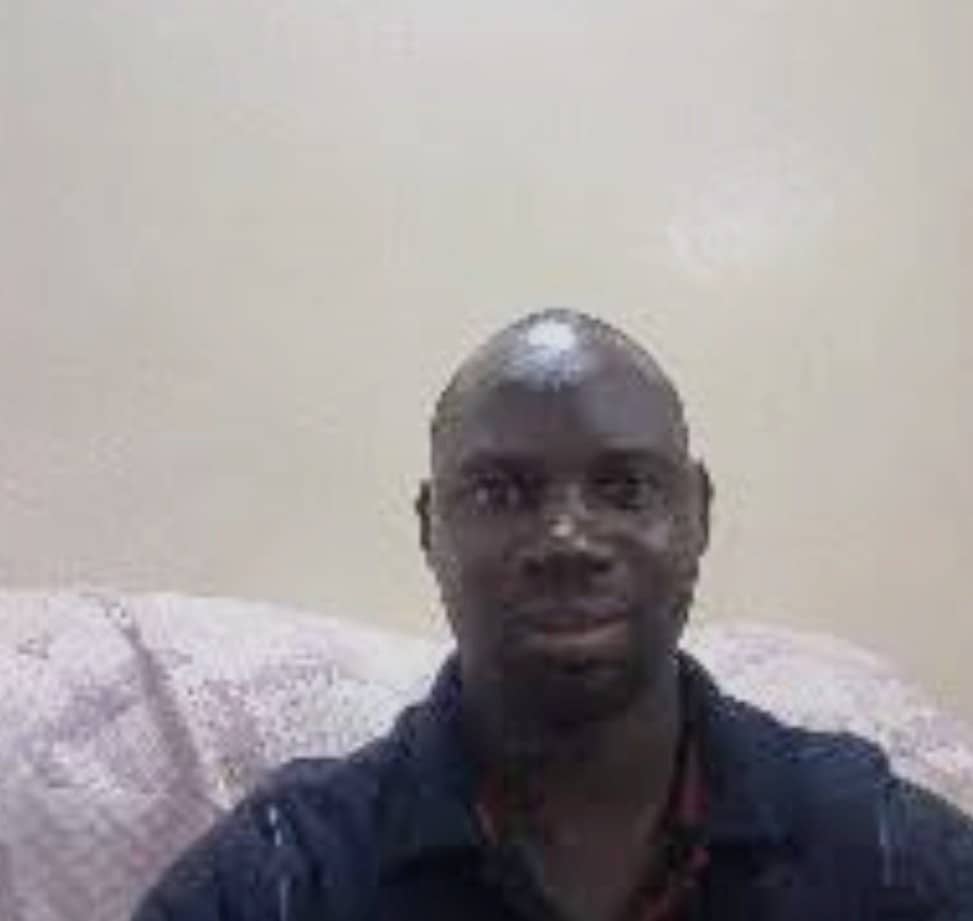
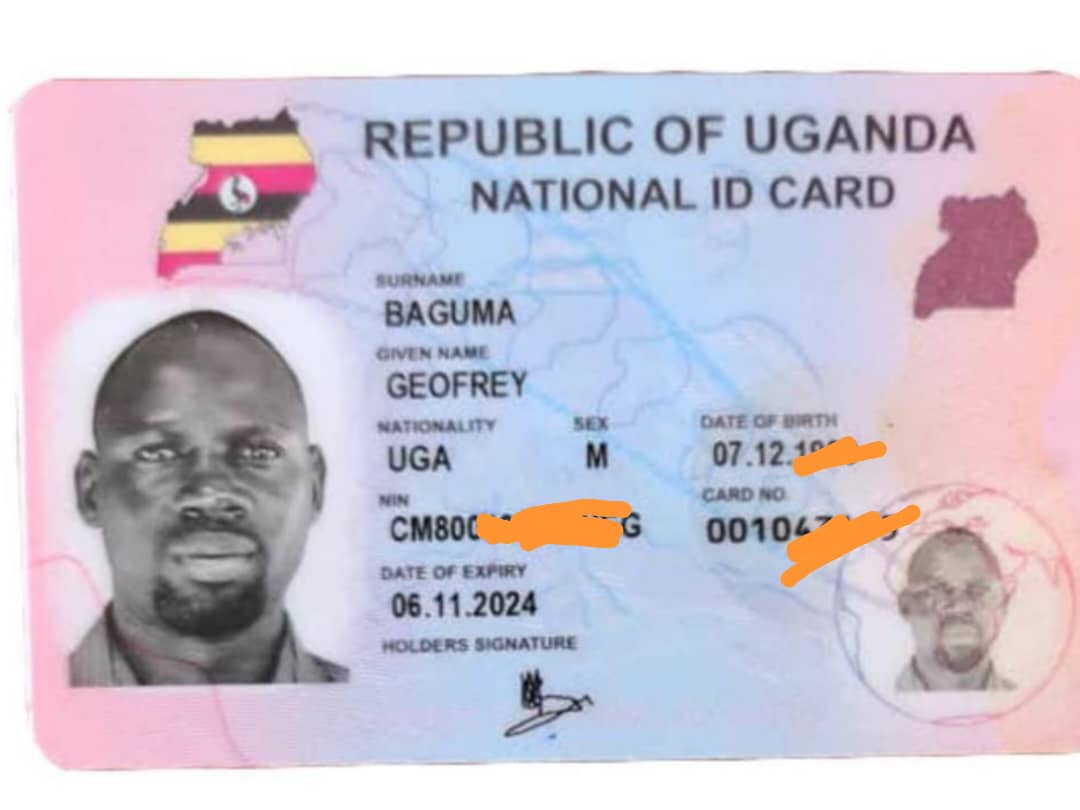
Baguma claimed he gave the money to his lawyer, Carolyn, who was to deliver it to Justice Singiza through his research assistant. But when the ruling favored Emmaus Foundation instead, Baguma allegedly confronted the judge, questioning why their “investment” had failed.
Justice Singiza allegedly denied ever receiving any money and challenged Baguma to identify the person who took it. Baguma could not, saying he had only given it to Caroly Aparo. Carolyn, in her defense, claimed she handed the money to the research assistant’s supervisor, after an internal agreement among herself, the research assistant, and the supervisor.
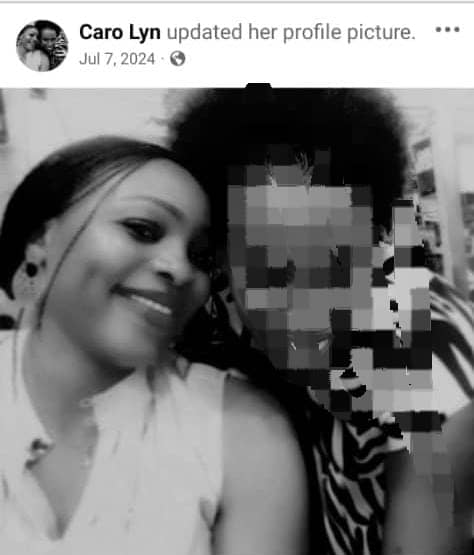
Sensing the severity of the allegations, Justice Singiza took immediate action, filing a case against his research assistant in the Anti-Corruption Unit. She was arrested, released on bond, and later interdicted. However, the question remained, where did the bribe money go?
Emmaus Foundation, believing this was clear evidence of a conspiracy to bribe a judicial officer, sought to file a bribery case against Baguma and Mbabazi. But to their shock, the Anti-Corruption unit refused, claiming there was “no substantial evidence.”
This refusal has left Emmaus Foundation questioning how such a case can lack evidence when Baguma and Mbabazi themselves confessed to paying the bribe and even wrote statements pinning the research assistant before her release.
What has made matters even more bizarre is that Karago Construction’s directors have since opened a case at the State House Anti-Corruption Unit under Case No. ACU/GEFI030/2025, claiming they were defrauded, that their bribe money never reached the intended recipient, and they now want it recovered.
Emmaus Foundation, in its report to the State House Anti-Corruption Unit, has described Baguma and Mbabazi as a “danger to society” who must be prosecuted and weeded out.
The contradictions in this case now stand as a major test for Uganda’s justice system. Why is the Anti-Corruption Unit unwilling to prosecute individuals who openly admitted to bribery? Why was the research assistant arrested, yet the very people who attempted to corrupt the judicial process are walking free? If Baguma and Mbabazi are now claiming their bribe money back, doesn’t that confirm their guilt?
The law is supposed to be blind, but this case suggests that it sometimes peeks to see who is standing before it. Will justice prevail, or will corruption once again shape the outcome?
As the saying goes, when the elephant fights, the grass suffers, but when the grass begins to speak, who will listen? For now, Emmaus Foundation waits, hoping that truth will eventually triumph.
When contacted by phone, Carolyn denied any knowledge of the matter, saying the allegations were false.

